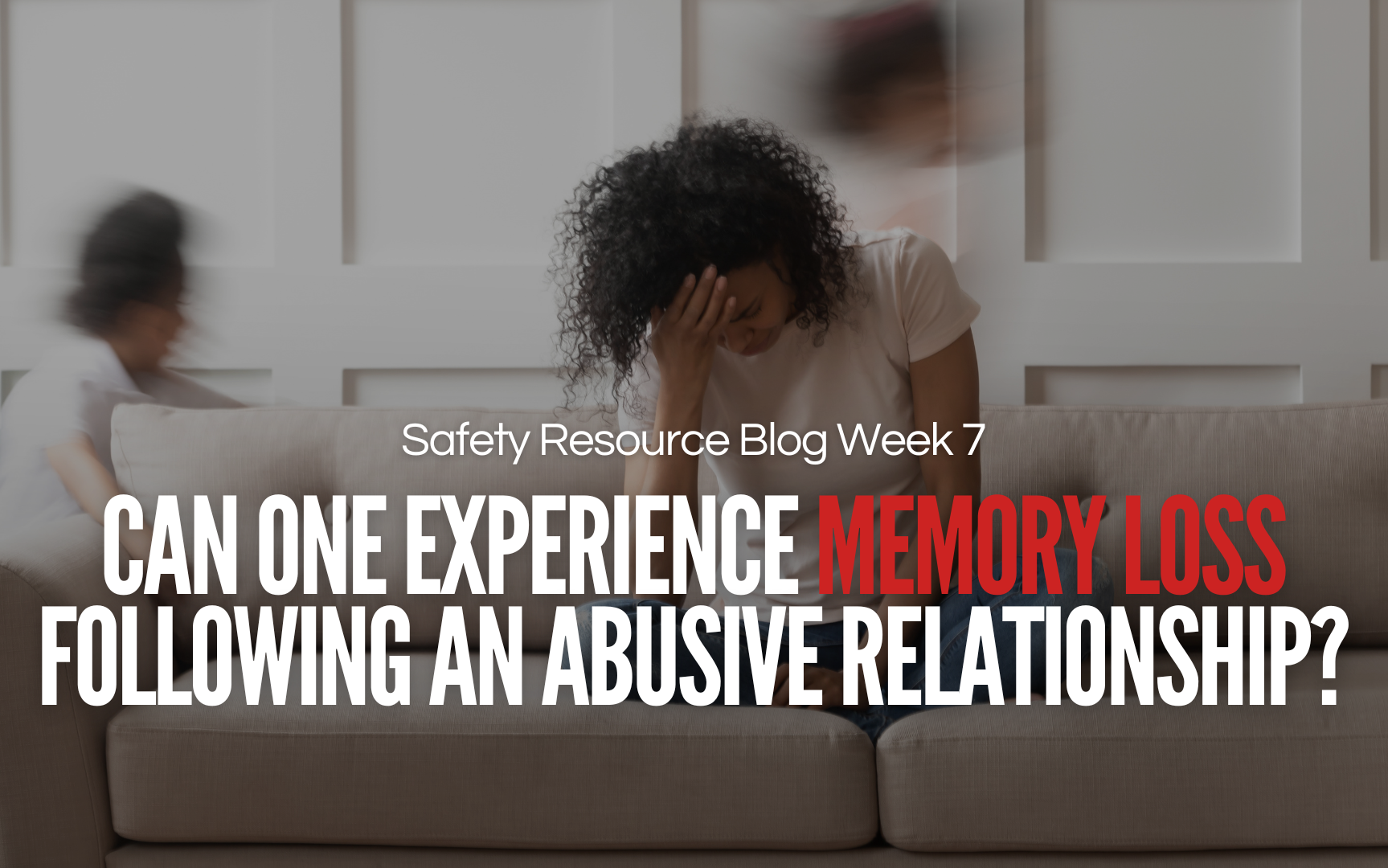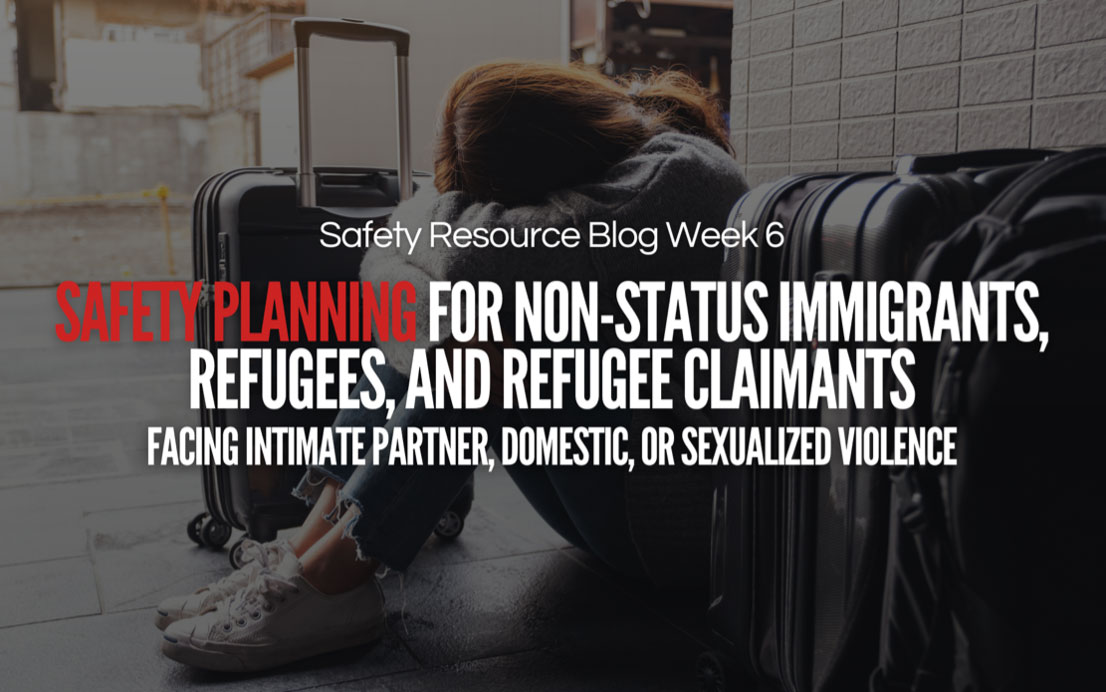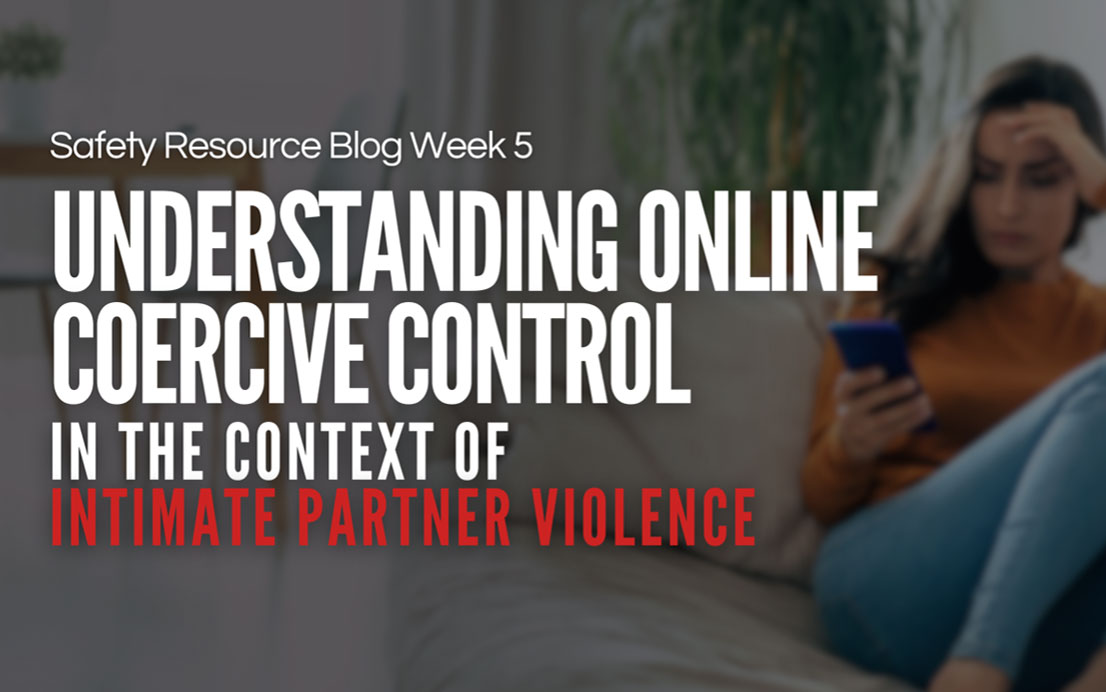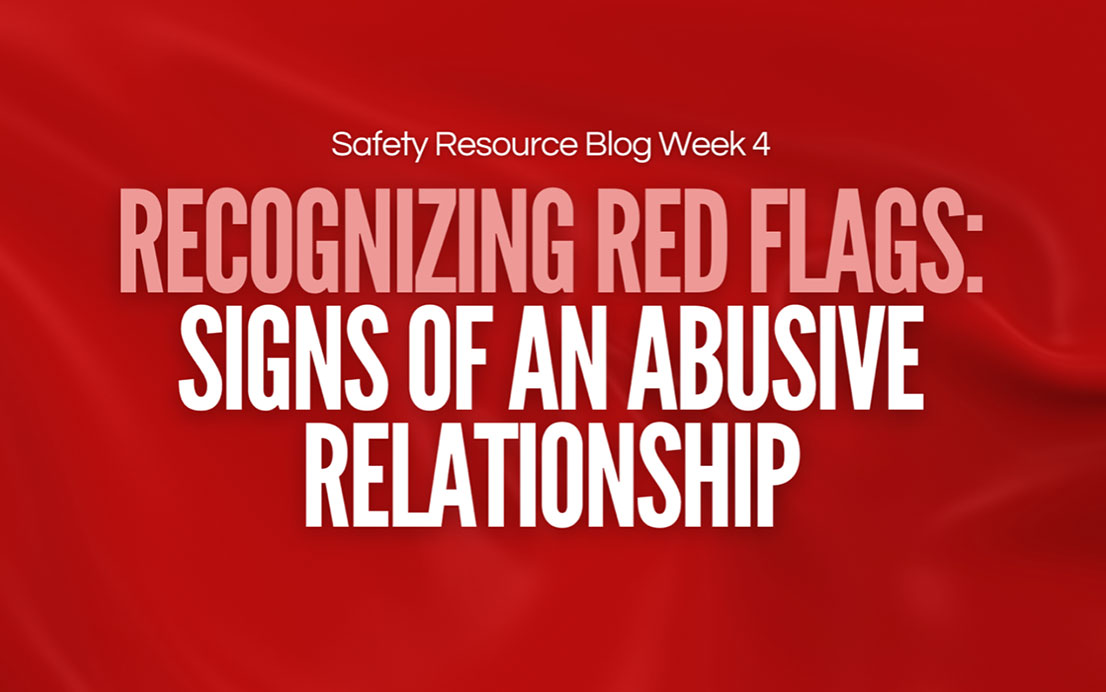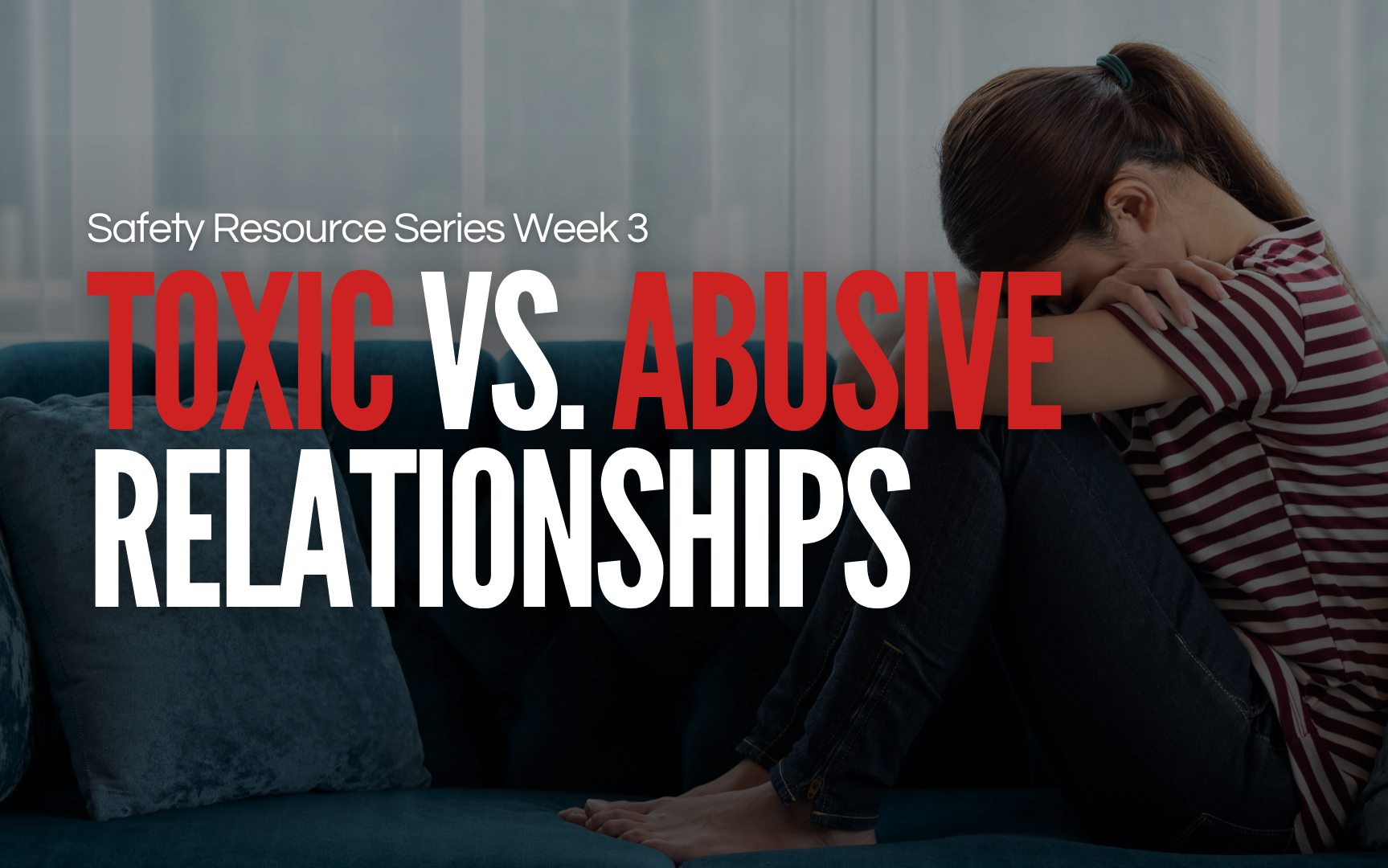Public Safety Is Not Neutral: BWSS in Solidarity with W7 as Canada Hosts the G7

W7’s calls to action are urgent, intersectional, and grounded in the everyday experiences of women, girls, and gender-diverse people across the globe. At BWSS, we recognize that the structural injustices W7 identifies—privatized care, gendered poverty, tech-facilitated violence, extractive economics, and eroding public accountability—are not distant or abstract. They show up in communities across British Columbia. They are visible in housing precarity, court delays, underfunded services, and the climate emergencies that displace women and fracture Indigenous communities. We see these realities every day on the frontlines.
Our campaign, #DesignedWithSurvivors, asks: what would public safety look like if it were built by those who survive violence?
That question is not only local—it is global. Prime Minister Mark Carney’s G7 agenda names economic resilience, democracy and human rights, inclusive growth, climate action, and digital governance as Canada’s priorities. These are necessary priorities. But unless they are grounded in feminist principles, survivor leadership, and systems of accountability, they risk reinforcing the very conditions they claim to address.
Canada’s G7 plan outlines three core missions: protecting communities and the world, accelerating digital and energy transitions, and securing partnerships through private investment. These are ambitious—and in some cases promising—but incomplete. Below, we examine how they intersect with W7’s demands and BWSS’s frontline analysis.
Canada wants to protect communities by strengthening peace and countering crime. But survivors need more than military or policing frameworks.
Canada seeks to accelerate digital transformation and unlock AI and quantum technologies. But survivors are already under attack online.
Canada aims to attract private investment and build infrastructure—but care infrastructure is missing from this vision.
Canada touts economic resilience—but doesn’t acknowledge gendered poverty.
Canada recognizes the threat of wildfires and climate instability—but ignores how women are disproportionately affected.
Canada speaks of global partnerships and shared values—but who defines those values, and who is included?
We are the infrastructure of public safety—yet our funding is unstable.
To end gender-based violence, BC must provide long-term, core funding for survivor services. Year-to-year grants don’t build safety—they sustain crisis. W7’s call for stable investment in feminist organizations directly challenges the short-termism that defines so much of Canada’s social policy. In BC, anti-violence organizations like ours operate at full capacity while navigating frozen contracts and rising demand. Structural investment—not symbolic gestures—is what’s needed now.
The Women7 agenda makes clear that feminist priorities are not fringe—they are foundational to peace, stability, and economic justice. As Canada hosts the world at the G7, we call on our leaders to lead not only in words, but in deeds. To listen not only to heads of state, but to those who survive violence, exclusion, and economic abandonment. And to act not only for markets and institutions, but for the safety and freedom of people.
#DesignedWithSurvivors is our contribution to a global feminist movement demanding transformation. We are not waiting for change. We are building it—right here, right now.

